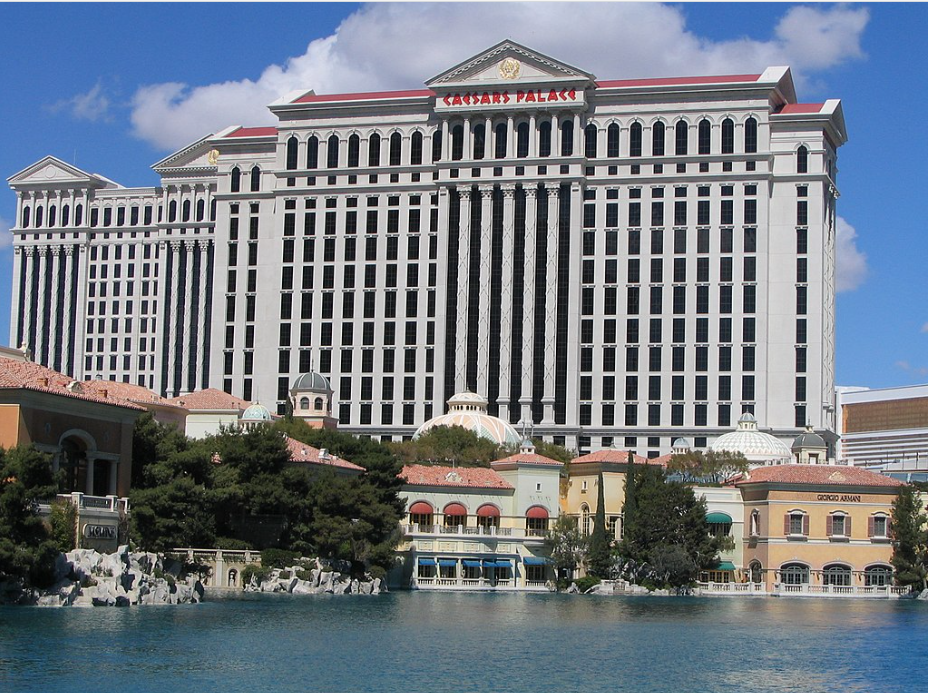Elvis Presley, known as the "King. Was an American singer, actor, and cultural he influence on music and culture remains unmatched. His early interest in gospel music shaped his style, blending rock, country, and blues into a revolutionary sound.
Presley gained national attention with hits like Heartbreak Hotel (1956), Hound Dog, and Jailhouse Rock. His stage presence, charming looks, and charisma made him an instant star. Beyond music, Elvis starred in over 30 films, including Love Me Tender (1956) and Viva Las Vegas (1964).
In the 1960s, Elvis dominated the charts but faced challenges from the counterculture movement. A 1968 television special marked his comeback and revitalized his career, showcasing his enduring appeal. In the 1970s, Las Vegas and his tours solidified his legend.
Elvis struggled with prescription drug dependency. Despite the premature end of his career, his legacy continues through his music, Graceland (his home museum), and millions of fans worldwide.
Elvis Presley, known as the "King. Was an American singer, actor, and cultural he influence on music and culture remains unmatched. His early interest in gospel music shaped his style, blending rock, country, and blues into a revolutionary sound.
Presley gained national attention with hits like Heartbreak Hotel (1956), Hound Dog, and Jailhouse Rock. His stage presence, charming looks, and charisma made him an instant star. Beyond music, Elvis starred in over 30 films, including Love Me Tender (1956) and Viva Las Vegas (1964).
In the 1960s, Elvis dominated the charts but faced challenges from the counterculture movement. A 1968 television special marked his comeback and revitalized his career, showcasing his enduring appeal. In the 1970s, Las Vegas and his tours solidified his legend.
Elvis struggled with prescription drug dependency. Despite the premature end of his career, his legacy continues through his music, Graceland (his home museum), and millions of fans worldwide.












